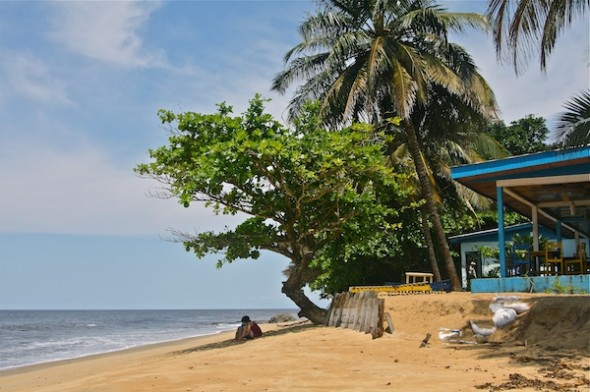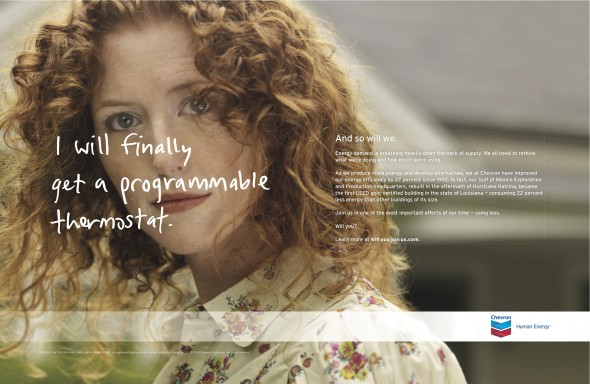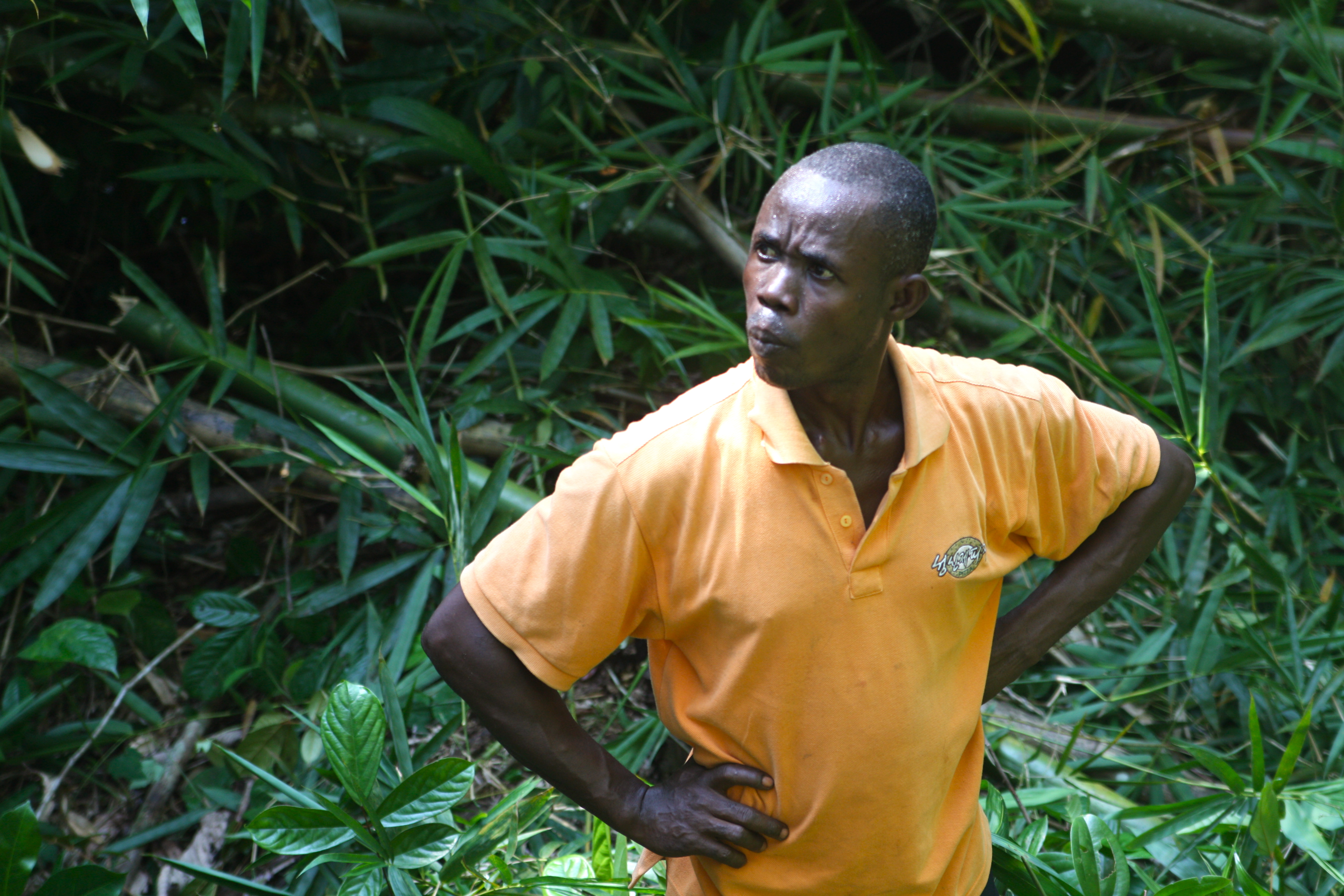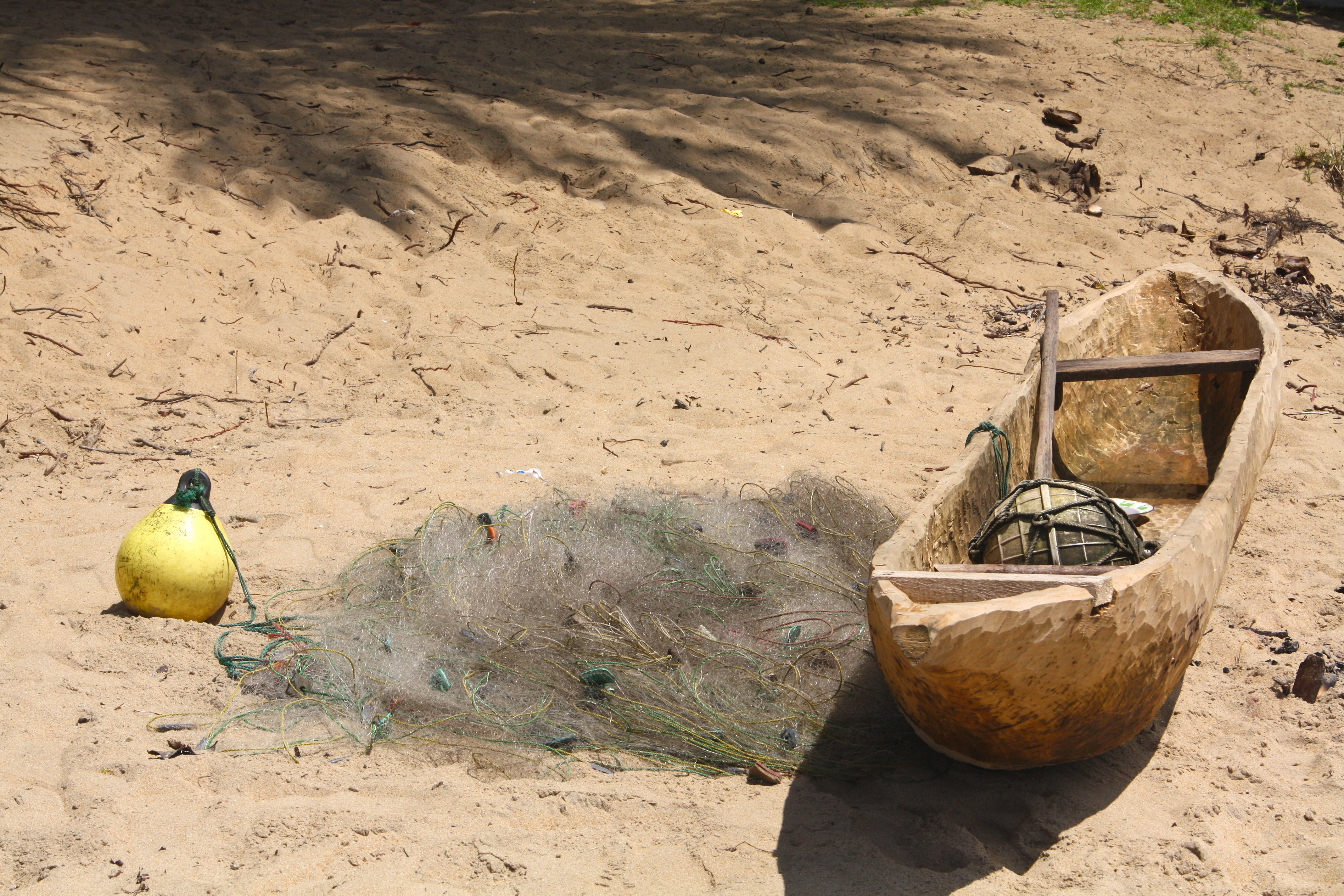Oil…A Pipeline to Prosperity?

Tourists at Bume Beach, opposite the pipeline's marine loading terminal. Photo by Christiane Badgley
I have produced a short film for PBS/Frontline World to mark the 10th anniversary of World Bank engagement in the Chad-Cameroon Oil Development and Pipeline Project. Cameroon: Pipeline to Prosperity? revisits the story of the “model” oil for development project. Ten years ago the oil companies and the World Bank promised that this project would break the resource curse and prove to the world that oil could be a force for good…
What has happened? Watch the film to see how Chad’s oil has impacted life along the pipeline in Cameroon.
This work was produced with support from Frontline World, The Pulitzer Center on Crisis Reporting and The Center for Investigative Reporting.
Cameroon: Pipeline to Prosperity? is the first installment in my ongoing exploration of Africa’s booming oil industry, Pipe(line) Dreams. You can read more about the project on the website.
Please support my work on this project by viewing the film and leaving your feedback. It is crucial to show funders that this work matters!
The U.S. now imports more oil from Africa than from the Middle East, with oil accounting for more than 80% of all African imports into the country. African is soon expected to account for close to one quarter of U.S. oil consumption.
With Africa increasingly seen as the next frontier of oil exploration, there is no shortage of oil companies lining up for financing from the World Bank Group. Oil drilling has begun in Ghana with support from the World Bank Group; loans may soon be approved for Uganda. New oil has been found in Chad, Cameroon, Nigeria, Angola — even Sierra Leone. The list goes on, with government and corporate officials in each country promising to make oil work for the people.
But in countries lacking accountability, with weak legal systems and lax or nonexistent environmental regulation and enforcement, is oil really a viable development option? And is there a valid reason that public funds subsidize these projects? Both the U.S. and China depend heavily on African oil, yet we rarely see anything about how that oil dramatically transforms African communities, economies and environments. Pipe(line) Dreams, a timely and globally relevant story, will bring much needed attention to the rapidly expanding oil industry in Africa.
2010 A New Year
Fragile existence. This is the story of life along the pipeline. Whatever happens to the global economy, the price of the barrel or ExxonMobil’s profits in 2010, life here will remain difficult. But the oil won’t stop flowing any time soon and as long as the pipeline is operational, there are opportunities for progress.
Peoples’ voices will be heard, their stories shared. Increased awareness, increased transparency, pressure from stockholders – these are all real possibilities that can lead to change. Oxfam has been actively involved in efforts to promote transparency in the extractive industries, for example, and recently launched a “Follow the Money” campaign. The Extractive Industries Transparency Initiative is moving forward.
Of course any change on the ground will be minimal at best, but let’s all work to make 2010 a year with a bit more social and environmental justice where it’s needed most.
Chevron in the News
I don’t write much about Chevron, as ExxonMobil is the lead-operating partner on the Chad/Cameroon Development Project. But Chevron is one of the consortium members, with a 25% ownership stake in the venture.
This week’s East Bay Express features an article by Peter Asmus, The Case Against Chevron. The article describes an unprecedented campaign by nonprofit groups targeting Chevron’s global operations.
The article doesn’t mention Chad or the pipeline; activists working on the Chad/Cameroon Development Project usually focus their attention on ExxonMobil. But it’s worth reminding people that the Chad Oil Project includes three private partners: ExxonMobil, Petronas and Chevron.
I found Asmus’ article interesting as he devotes part of it to discussing if and how Chevron can become part of the solution, including what he calls, A 12 Step Program for Chevron.
A similar program could be drawn up for the Chad/Cameroon Development Project. The challenge, of course, is getting a company as powerful as ExxonMobil to hear, let alone, heed the call for change.
C is for Corruption
This is an angry man. He’s standing in a 4 million CFCA (US$ 9000) fish pond. Well, it was supposed to be a fish pond.
When the last section of the pipeline was laid from the beach at Kribi to the offshore marine loading terminal, construction crews blasted away the reef at Bumé, the fishing village at “ground zero.” The fish left the area and for the population of Bumé, entirely dependent on fishing, this was a disaster.
The original pipeline plans did not include the reef’s destruction, so there was no mitigation plan in place when the crews came through. After much discussion, the consortium offered to construct two ponds for fish farming. Never mind that the villagers of Bumé are fisherman, not fish farmers, and that they have neither the skills nor the resources for aquaculture. These artisanal fishermen paddle out with their nets out once or twice a day, catching relatively small amounts of fish in the shallow waters. This is subsistence fishing: they bring in just enough to eat and, if all goes well, sell a few fish each day.
What’s a Tree Worth?
Godefroy Edzoa is the traditional chief of Ekabita. The pipeline crosses straight through the fields of Ekabita where people grow cocoa, avocados, mangoes, safou, papayas, and a variety of crops including bananas, corn, cassava, squash and peanuts.
Edzoa tells me that when the pipeline people came to Ekabita, they told residents there would be compensation for damaged crops. They also said that once the pipeline construction was completed, residents could farm their lands again. However, no fruit trees could be planted on the 30-meter wide easement, as tree roots could damage the pipeline. Farmers were told that the easement would be cleared several times a year, probably after harvests, but were given no firm details. Even today farmers can not tell me exactly when the easement will be cleared, as the calendar seems to change each year.
Deby’s Surprise Visit
The President of Chad, Idriss Deby, made a surprise visit to Yaounde on October 28th. As the visit was announced only 24 hours before Deby’s arrival, the private press was full of speculation on what urgent matter brought Deby to Cameroon.
Officially, Biya and Deby held a short, private meeting to discuss bilateral cooperation and the receding waters of Lake Chad, an item that both countries will bring up at the Copenhagen climate conference. Unofficially, the corruption scandal at the Bank of Central African States, in which a Chadian minister may be implicated, as well as the renegotiation of pipeline contracts, could have been items for discussion.
Langue de bois
I’ve been in Cameroon for a week now, and there’s lots to talk about. I have to begin, though, with my efforts to get anyone connected with the pipeline project to speak to me. As I’ve been spending many hours in waiting rooms, I felt that this photo kind of summed up a good part of my week.
“Langue de bois” is a French expression: literally, a wooden tongue. Cliches. Hackneyed phrases. Spin. Waffle. What politicians and business leaders do when they want to talk without saying anything, avoid answering difficult questions, steer our attention away from unpleasant subjects, etc.
“As you can imagine, ExxonMobil receives many worthwhile requests from news organizations for interviews. Unfortunately, it is impossible to respond affirmatively to all these requests. Due to timing and other business constraints, representatives of Esso Chad will not be available to participate in the opportunity you present. However, for information, I’ve enclosed a case study of the project, as well as a 2008 news release that notes the benefits of the project.”















